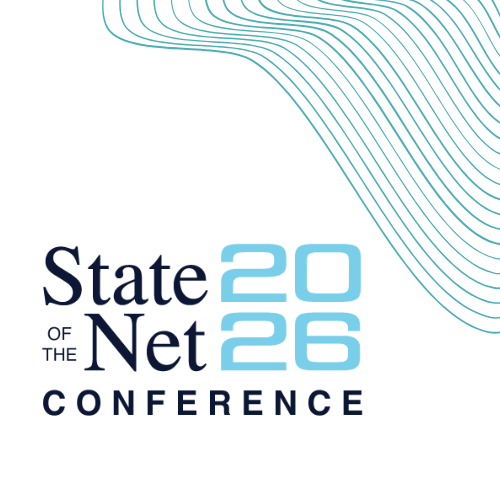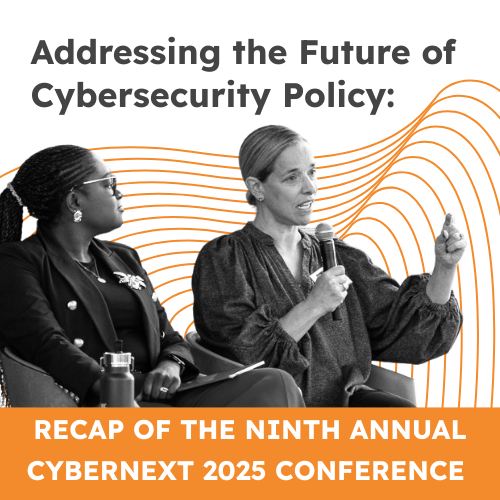Let’s Consider Responsible Innovation
Back To News
By: TJ Chase
Nowadays you don’t have to look too hard for the “latest & greatest” in technology. Social media, drones, smartphones, self-driving cars…the list goes on and on. These innovations have fancy names, attractive branding and a lengthy list of benefits and features, and we are made to believe that these new technologies will solve X problem, make our lives better or give us a certain level of comfort and protection.
But, even while numerous hours of research, testing and development go into bringing these innovations to fruition before they go to market, there is still the potential for an “oops, we didn’t think of that” scenario. Whether it’s someone intentionally harnessing what was meant for good and using it nefariously or an unintended negative byproduct that forms over time, more and more often today the negative effects of tech seem to slip through the cracks. And while this doesn’t outweigh the benefits and capabilities of innovation, it does put us at risk.
So, in a time when “tech can’t be trusted,” what can we do? We must be careful and use them responsibly.

As a new father, I experienced this concern when I learned digital baby monitors — a product that is supposed to give parents peace of mind and help protect their young children — have been accessed by hackers. At first I thought, “how and why would someone do something so terrible?,” but then designer mode kicked in and I asked myself, “is there a better way to design this product so there’s no chance of compromising its capabilities?” My mind started to whirl, and it bought me a slight level of anxiety.
As a designer, it is my job to conceptualize and solve problems, and I believe that it is essential to lean on these anxieties in the early idea stage — and not only our own, but others’ as well. Similar to how a therapist might encourage a patient to remember how they felt during certain anxiety-filled moments to unlock tools that can help fight off a fear of the unknown, as consumers, designers, engineers and scientists, we should pull from our past and present concerns and experiences when thinking about how an innovation might impact our world.
There is no doubt about it, we should always dream BIG, but we must also have a balanced approach. We must think about the people we know will be affected and also those who may not always be top of mind.
My take? We can all do better when it comes to accepting or rejecting new innovations. Consumers can be the designers and the drivers, not just the victims who have these innovations “thrust upon them.”
It is vital for those of us who play a part — no matter how big or small — in the birth of these new technologies to collaborate with people beyond our direct expertise. We must all learn from and teach one another to ensure that we create responsible innovations for our future. My son Quin and his future friends are counting on us.
Note: This article originally appeared on Medium.


.png)

.png)